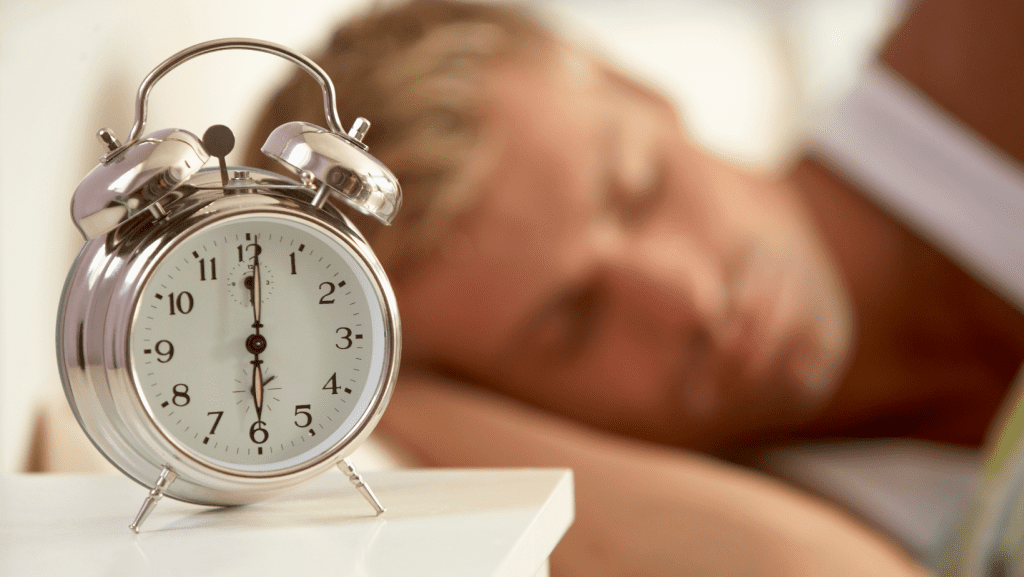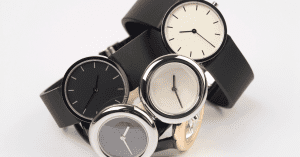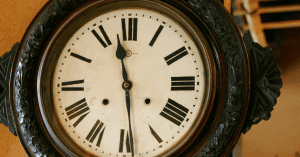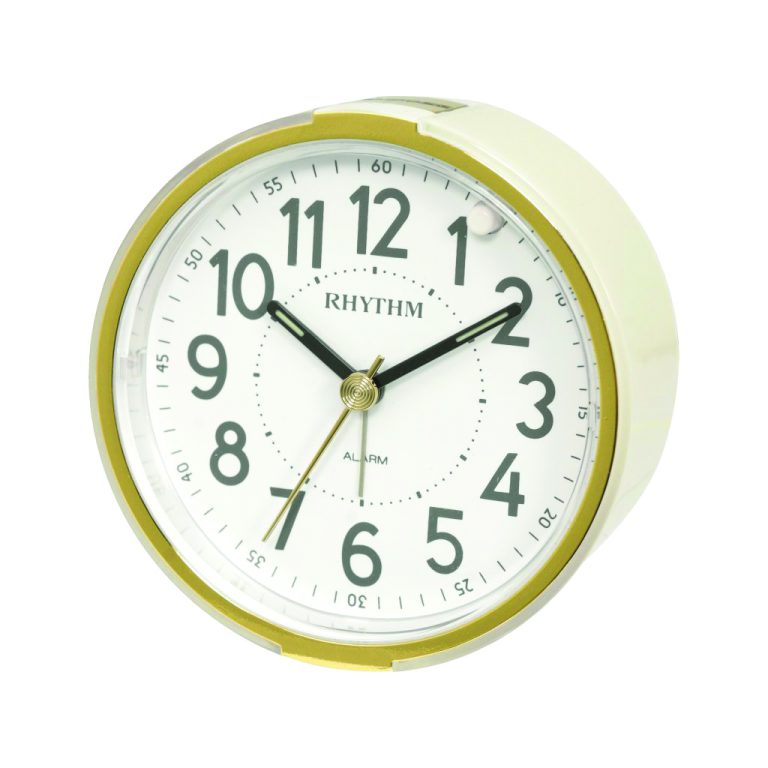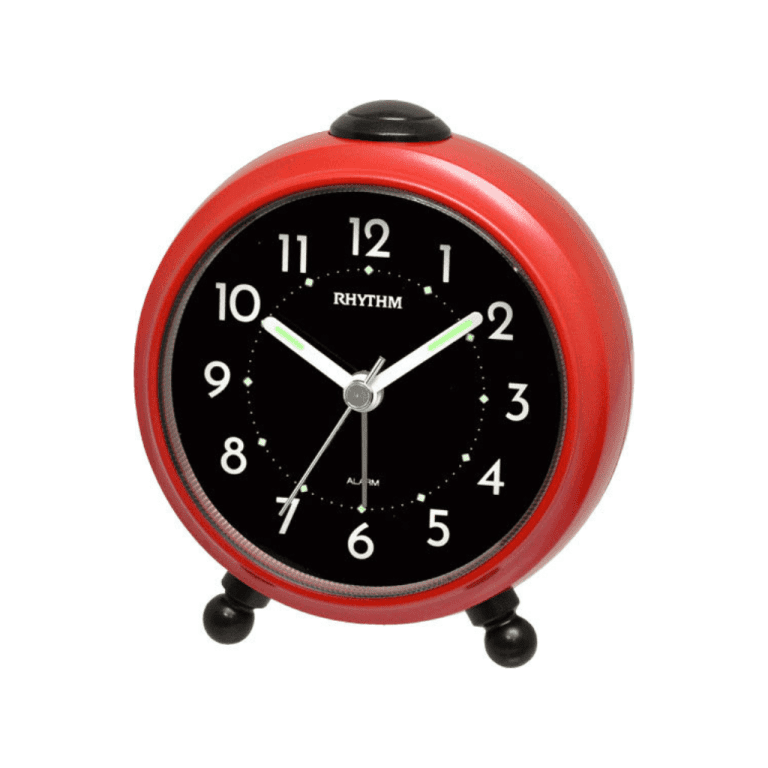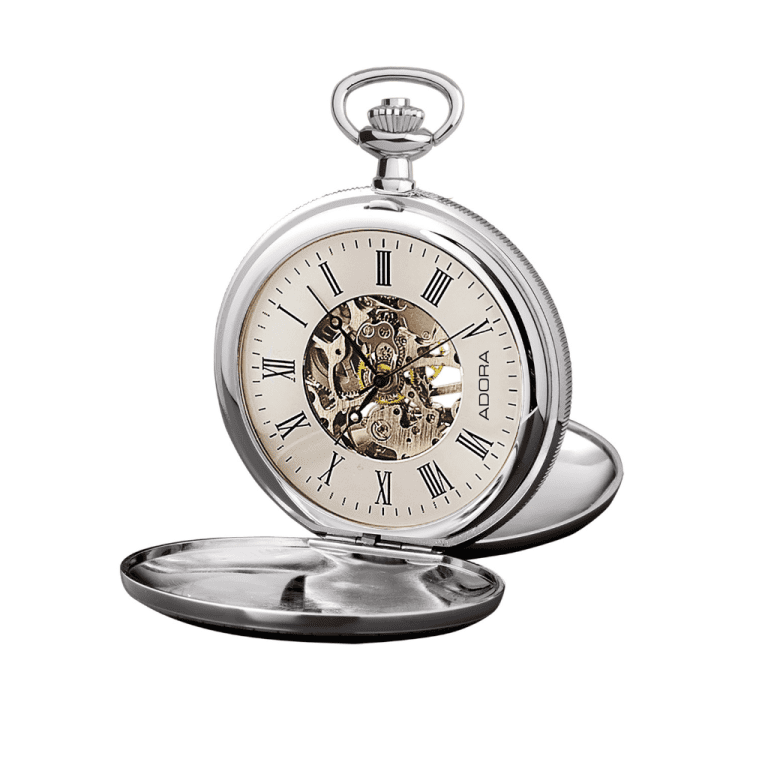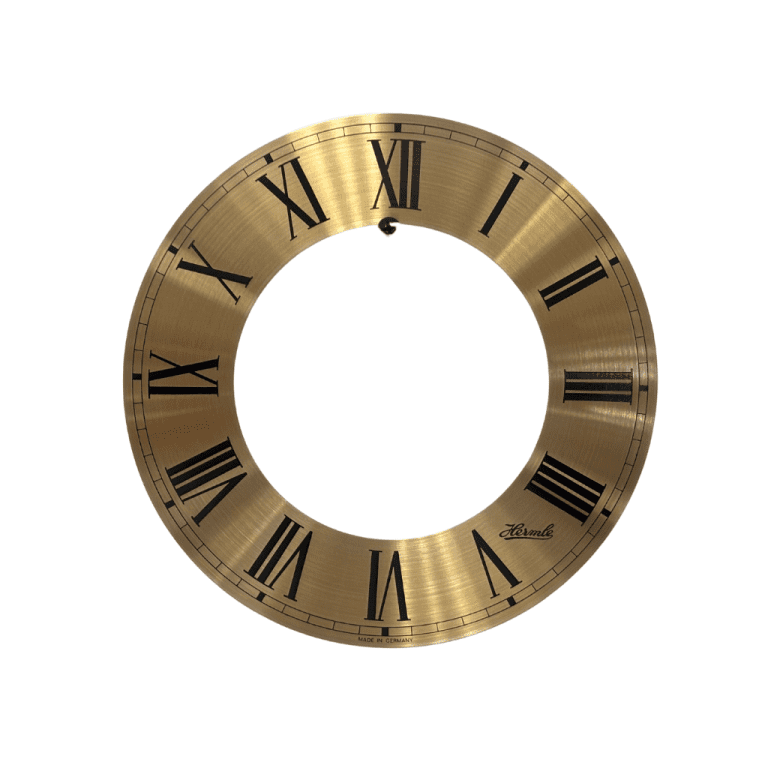With jobs, school and other responsibilities, waking up by a set time remains a must for the majority of us. So naturally, many people depend on alarm clocks to start the day. But, are they really doing us a favor, or is this reliance on alarm clocks detrimental?
Alarm clocks are a common fixture in most bedrooms, but do they actually help us get better rest?
Let’s take a look at the history of alarms and see what the experts think about their role in achieving healthy sleep.
Origins of Alarm Clocks
People have been using alarms of sorts to wake up well before clocks were even a thing. The morning sun was the original cue to rise and shine, and roosters have likely been crowing sleepers awake for eons.
Plato is said to have woken up early with a clever device that used draining water to signal a whistle as the contraption filled, supposedly spurring the development of later mechanical time-keepers. Church bells have awoken communities for morning service for centuries, and by the 1300s, we can find descriptions of chiming clock towers in Europe designed to inform residents of the time.
Later, booming industrial factories in the 18th century relied on an on-time workforce, and would sound morning whistles to rouse their workers living nearby. Some cities and companies even employed a “knocker-up“, designated people that would go door to door delivering wake up calls.
Although existing as early as the 1500s, it wasn’t until the 1870s that alarm clocks started to become a common thing in private homes with the advent of the mechanical wind-up version. Over time, this fixture cemented it’s position in the bedroom, incorporating additional features like radio receivers, cuckoos, snooze buttons and more. Modern alarm clocks continue to evolve, with everything from light-based alarms to clocks that run across the room, and even phone apps.
With jobs, school and other responsibilities, waking up by a set time remains a must for the majority of us. So naturally, many people depend on alarm clocks to start the day. But, are they really doing us a favor, or is this reliance on alarm clocks detrimental?
How Morning Alarms Help Us
Alarm clocks have been in use for centuries because they solve a real problem–ensuring we wake up on time. Their utility is undeniable, and many of us would probably have a hard time making it to work every day without one.
Mark Muehlbach, Ph.D., F.AASM, R.PSGT, clinical director at the Clayton Sleep Institute in St. Louis, provides a little background on why waking up in the morning can be so difficult:
Ideally, a person will wake on his or her own when they need to each morning. These are the people who set an alarm but wake a few minutes before the alarm sounds, as if their brain has an expectation to be awake at a certain time. On the other hand is the person who needs two or three alarms to wake them.
Our busy schedules and external influences like mobile phones, televisions, tablets, streetlights, neighbourhood noises and a myriad of other stimuli can interrupt our sleep, which requires our bodies to demand more sleep and, in turn, lead to us waking feeling drowsy and tired.
For humans, it is not that difficult to override our internal clock: staying up late or having an irregular sleep/wake schedule can influence our internal clock and make it difficult to arise when we need to. Shift workers (those who work when the rest of us sleep) often alter their internal body clock, flipping and flopping their day/night schedules, and may need alarm clocks to wake them as they battle their internal biology.
ere’s a an overview of the ways alarm clocks benefit us:
Staying on Society’s Time
Without alarms, many of us would oversleep and wind up late for work. As great as sleeping in sounds, being on time is a (harsh) reality we often must abide. In order for business and schools to run smoothly, agreeing on a set time to be there can be essential, whether you’d like more sleep or not.
Normalizing Sleep Schedules
Alarm clocks can also be helpful for keeping sleep schedules regular. Waking up around the same time each day is beneficial for our internal biological clocks. Using an alarm clock can help keep your schedule consistent and normalize your sleep patterns.
Peace of Mind
Richard Shane, PhD, psychotherapist and Founder of Sleep Easily, suggests that alarms can also provide peace of mind, adding:
Some people don’t set an alarm but then look at their clock when the awaken during the night. This can cause anxiety and making it hard to sleep. In this case it’s helpful to set an alarm to allow a safer feeling during the night.
Credited to: huffpost

